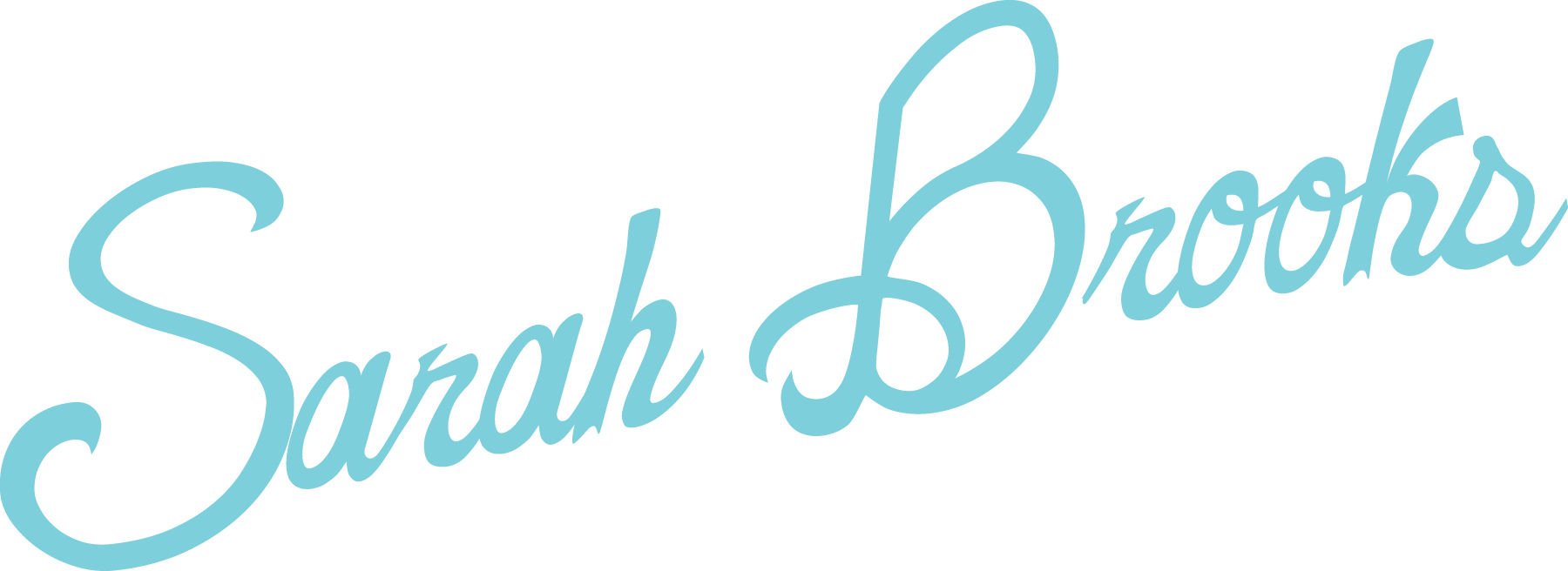An Interview: Tim Ferriss & Naval Ravikant
If you’re like me, you’ve probably wondered how Tim Ferriss manages to throw himself into all sort of crazy physical activities, create multiple successful businesses, have incredible investment deal flow and suck the knowledge out of some of the most interesting people on the planet. Last night, Naval of AngelList, uncovered some of the ways he’s made this possible. A few key themes stuck out to me during the interview:
1. Embrace and actively pursue things that scare you. Tim voluntarily places himself in all sort of intensely challenging physical and mental situations to intentionally invoke fear. Once you experience and understand what the worst case scenario is, you open yourself up to a ton of new opportunities since you aren’t making your decisions based on fear.
2. Allow yourself space to think and identify patterns. Tim refers to this as metalearning and applies across all of this endeavors. Look for patterns & replicate what works. He applies this equally in his own life as he does when studying others. This requires taking the time to reflect, ask questions, synthesize results and create a process of how you decide what makes you the most effective (being effective & being different are two very different things).
Rough notes from the interview below. Does not include everything from the interview but captured as much as I could:
Becoming an Expert
So how does one become an expert in so many different areas? An expert is defined as the top 5% of the general population, not top 5% of the experts. Here are the first questions Tim always asks himself & others before when beginning his research:
- “Who is good at this particular thing when they shouldn’t be.”
- For example, the 75 year old world champion weightlifter or a 250 lb professional swimmer. These are the outliers that he wants to study because they haven’t been able to rely on natural abilities. They’ve had to create a series of processes and skills that he would then be able to replicate.
- Where do novices waste the most of their time when learning to _____ ? (Take surfing for example, you’d ask about time wasted in "learning to paddle into the wave").
- If you only had ___ time to prepare, how would you do it? (pick a highly condensed time frame compared to what it would normally take)
Embracing Fear
Regular dosing of fear is a great thing —> fear inoculation. Voluntarily experiencing fear will make involuntary fear much less scary and easier to handle. Voluntary suffering he recommends partaking in regularly:
- Fasting (24hrs to 3 days to start)
- Exposure to cold
- Intense physical training
- Uncertainty for an undefined period of time (For example, you set off to a new place without knowing anything about it or how long you'll be there)
Counteract hardship by scheduling it. Come face to face with what you thought you feared. When you’re ok with worst case and realize it's not so bad, it gives you the freedom to make different decisions. Tim doesn’t consider himself a risk taker - more of a risk mitigator. Like Richard Branson. Everyone thinks that Richard took huge risks but really he validated his idea for Virgin Air & made a deal with Boeing that if it didn’t work out he could return the plane with minimal financial risk
Creating Happiness
Naval notes that people quickly become indifferent to $, titles, success and are generally unhappier once they have all of these things. How does Tim recommend counteracting this?
Tim does a life audit by looking through his calendar from previous year to pattern match and applies the 80/20 rule:
- Find the top 20% of activities, people, events that provoke 80% of the happiest experiences, feelings, etc —> planned more of these types of things in his upcoming year
- Find the bottom 20% of things that made you unhappy, drained energy, etc —> avoid doing these things
Too many people get wrapped up in their head, feeling sad & depressed because of they are trying to answer these huge existential questions about their lives. You have to learn to celebrate the smaller things in life or you’ll never be able to celebrate the big things. Find Beauty in the seemingly meaningless. Keeping a 5 minute journal everyday can help you achieve this.
Optimizing Health
You shouldn’t be getting your car tuned more than you’re getting your blood tested. When getting your blood tested, find a doctor that looks at trends (this is really important) and ask for results to be replicated (results can be false positive/negatives).
Supplements - don’t rely on these for nutrition. We don’t know enough about the body. Get nutrients from whole food sources.
Tim’s Podcasts he highly recommends listening to:
- BJ Miller
- Hell Yes or Hell No
- No Hurry, No Pause
- Senca - Case of the Opulent Stoic
Focus for 2017
- Finding beauty in the mundane
- A bsurdity - ability to think this way is more beneficial than thinking big
60 Second ideas on how to change the world:
- Buy a coffee for someone behind you in line
- Before engaging in a fight with someone, ask questions to find some common ground
- Introduce yourself to someone you wouldn’t normally speak to

